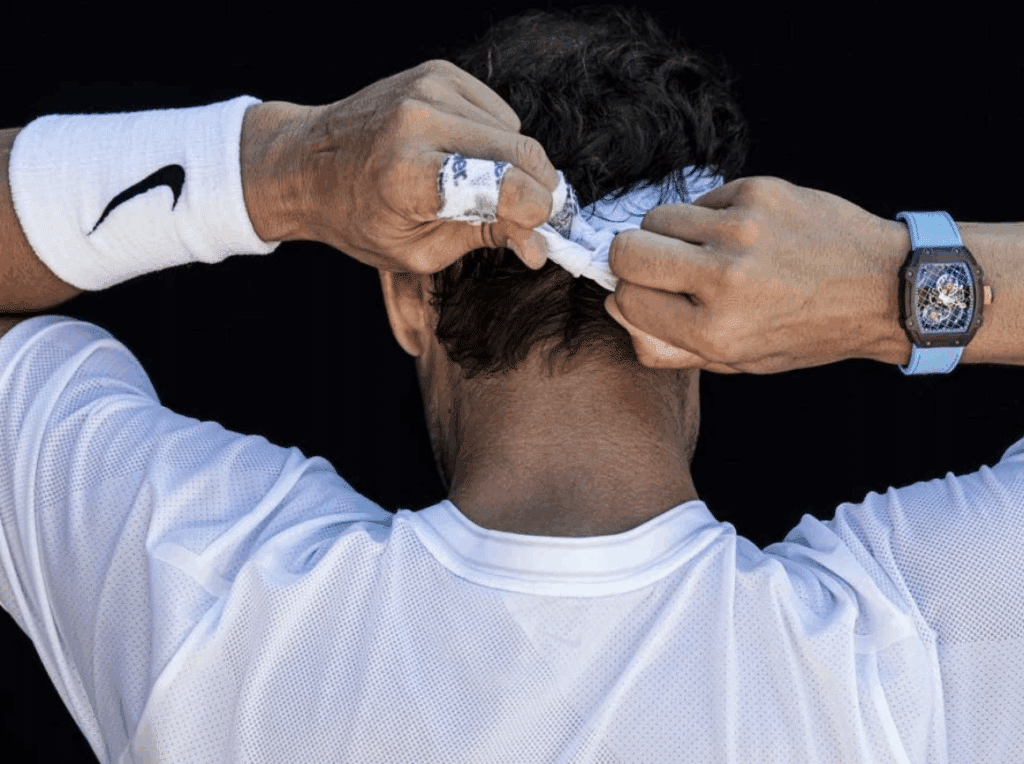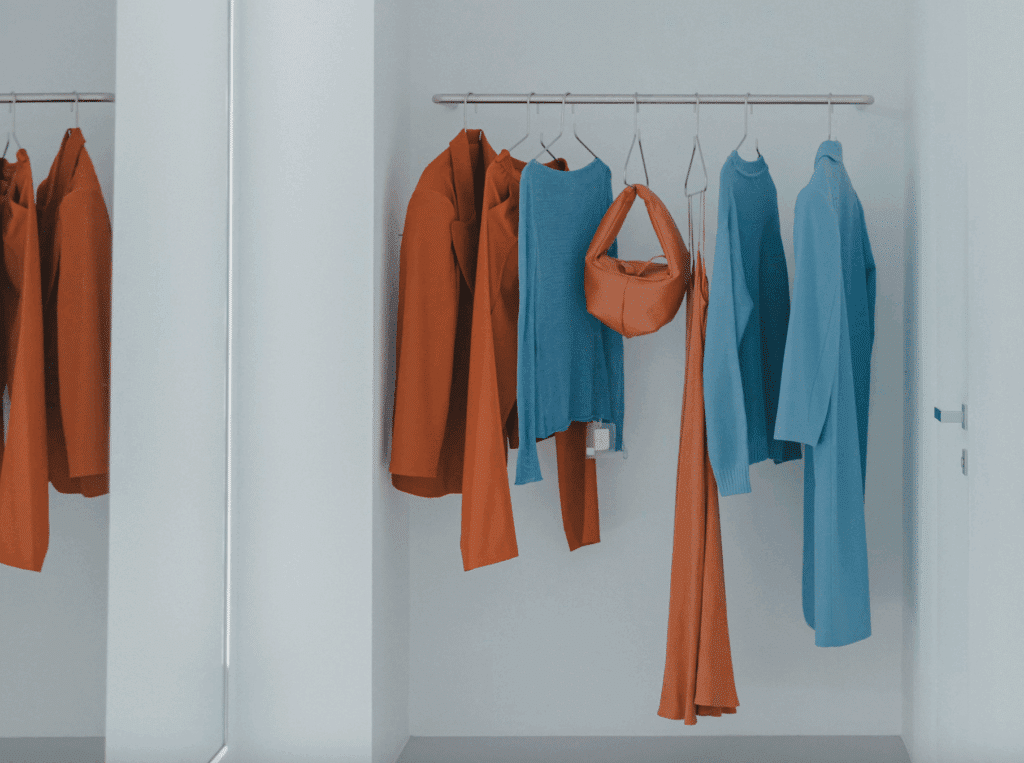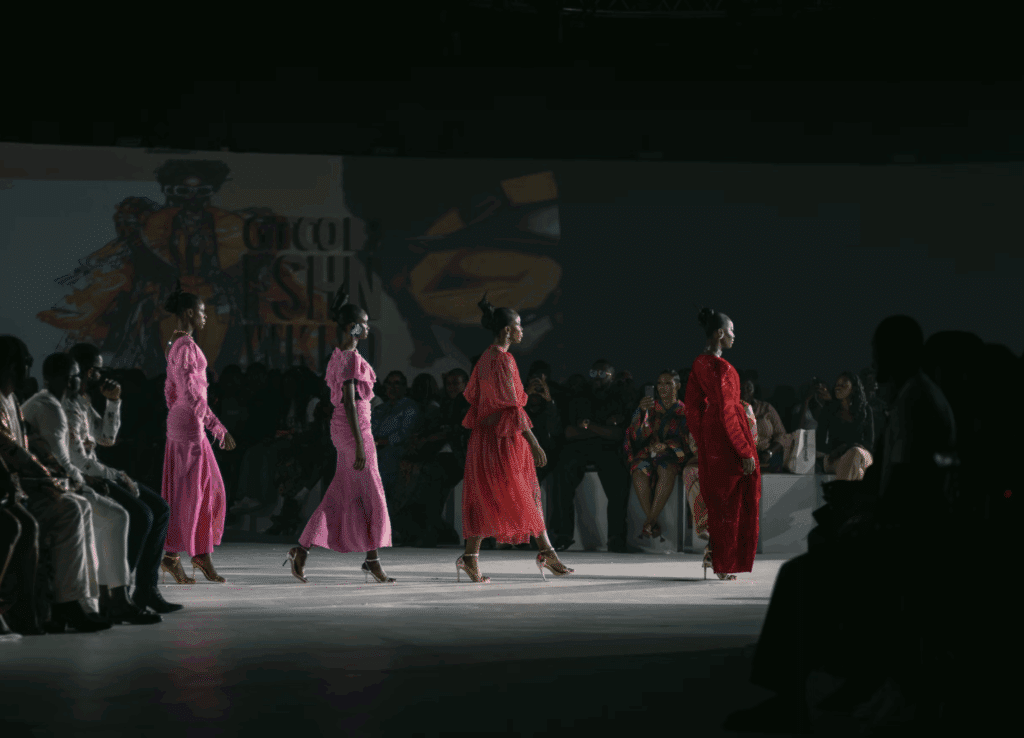Offering up – and advertising – classes that teach consumers how to make some of the most famous handbags in the world without the brand owners’ authorization runs afoul of the law. That is what the Seoul District Court has determined in connection with the lawsuit that Hermès filed against Franc Atelier, a Korean company in the business of teaching consumers how to assemble their dream handbags for a fraction of the cost of the real thing. In terms of Hermès, the “real thing” – i.e., its heavily sought-after Birkin and Kelly bags – will likely set you back upwards of $10,000.
In the recently-issued decision, the Seoul District Court held that Seoul-based Franc Atelier violated the Unfair Competition Prevention and Trade Secret Protection Act of Korea (“UCPA”) – namely, the consumer confusion provision – by providing consumers with the opportunity to assemble well-known handbags, including Paris-based Hermès’ Birkin and Kelly bags, by sewing together pre-cut materials. In particular, the court held that Franc Atelier’s classes and its advertising of them was in breach of UCPA’s prohibition against creating confusion between one’s own goods and those of another other party as a result of the use of “a name, trade name, trademark … or product packaging” that is similar or identical to another’s legally-protected trademark or trade dress.
Doing so would amount to an act of unfair competition under the UCPA, which is precisely what Franc Atelier did in the case at hand, according to the court.
“The District Court ruled that the act of teaching [the classes] was equivalent to using a source identifier [that is] similar to a well-known source identifier as prohibited by consumer confusion provision of the UCPA, even though the provision does not specifically mention ‘teaching’ as a prohibited act,” Kim & Chang attorneys Ann Nam-Yeon Kwon, Seung Hyun Lee, and Alexandra Belec stated on the heels of the court’s decision.
The court emphasized the significance of the company’s classes, noting that it did not merely “teach students general craftwork methods,” but it provided them with materials that mirror the shape and overall appearance of Hermès’ most sought-after – and legally-protected – handbags, and specifically instructed them how to construct the bags from the provided materials. As a result, the court held that Franc Atelier’s actions “could be deemed equivalent to the direct use of Hermès’ source identifiers,” i.e., its trademarks. (Hermès maintains trademark (or better yet, trade dress) rights in the appearance of its Birkin and Kelly bags across the globe as a result of the ornamental elements of the bags, themselves, serving to indicate their source in the same way as a brand name or logo).
More than that, the court held that in teaching its students how to make the lookalike bags, Franc Atelier was essentially engaging in behavior that is equivalent to the unlawful manufacture and sale of counterfeit or otherwise infringing goods, which is similarly prohibited by the UCPA.
In siding with Hermès, the court’s decision is striking as it “substantially broadens the scope of acts that may be considered unfair competition in Korea,” per Kwon, Lee, and Belec, who note that the case comes amid a larger trend of similar “ateliers and studios offering classes on how to fabricate imitations of various iconic luxury bags.” They note that the outcome in the case, which finds Franc Atelier liable under the UCPA and requires it to immediately and permanently cease such unfair competition, and to pay damages to Hermès, gives luxury goods brands “a powerful new tool to stop the misuse of their source identifiers.”














